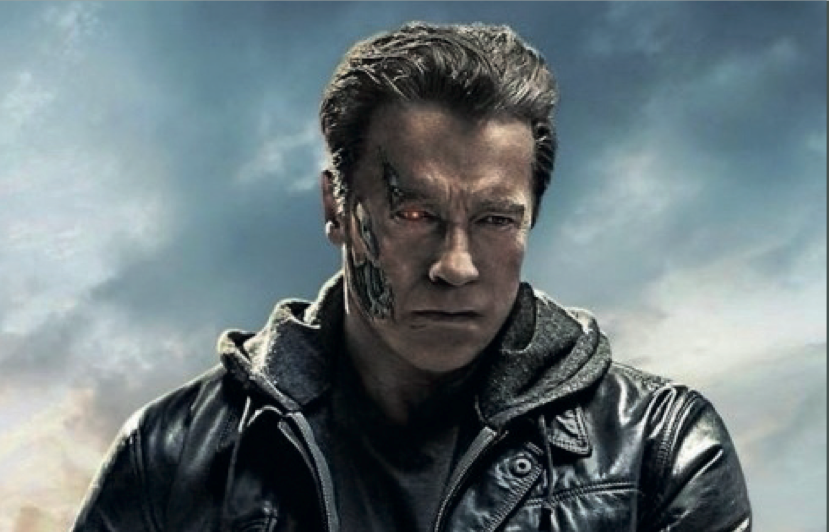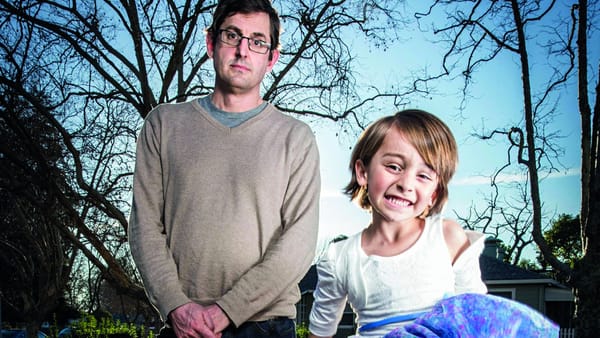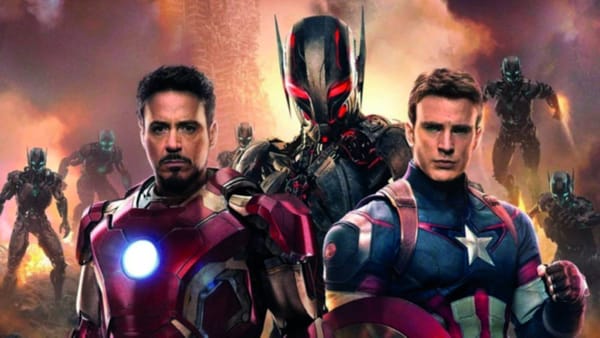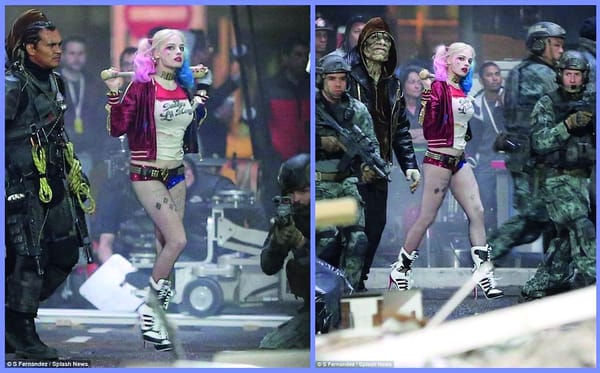Boyhood? Not for these girls
Abena Taylor-Smith reviews Celine Sciamma's "Trilogy of Youth"
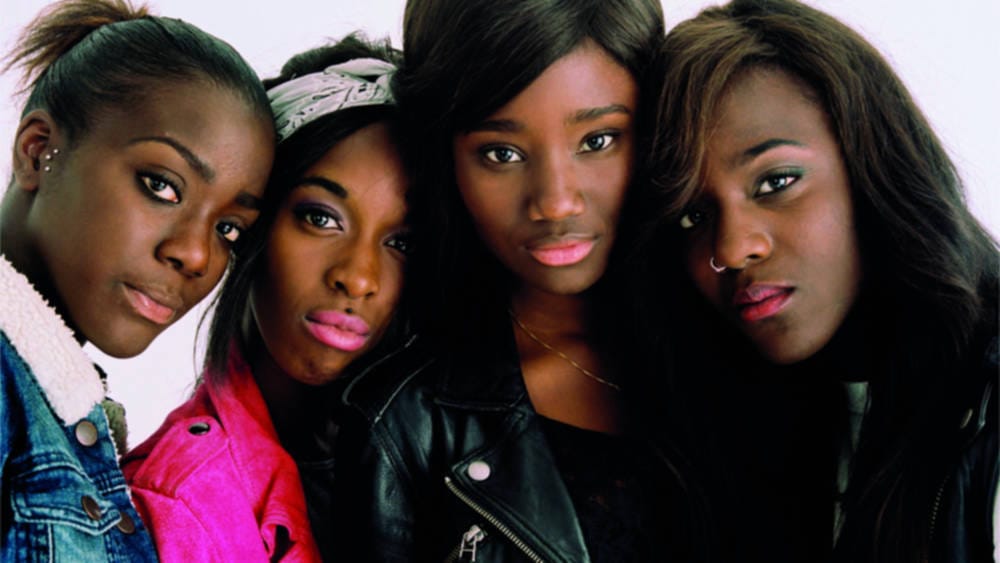
The latest film in director Celine Sciamma’s ‘Trilogy of Youth’ is Girlhood (Bande des Filles), a coming-of-age story set on the housing projects bordering Paris.
The title of this French-language film directly translates as Girl Gang – but the English film title knowingly references Richard Linklater’s critically lauded 2014 film, Boyhood, which similarly focused on issues on adolescence and identity.
In Girlhood, Karidja Touré plays sixteen year old Marieme, a quiet schoolgirl who cares for her two younger sisters.
Life isn’t easy; having been refused the opportunity to attend high school on spurious grounds, Marieme must quickly decide what to make of her life when the only other options appear to be becoming a cleaner, a drug dealer, a young mum or a prostitute.
Her own mother is largely absent, working long hours at a cleaning job which must provide for four children; and for a father figure she has only a bullying, older brother.
Marieme’s life seems to be void of friendship or relief, revolving solely around family duties.
It is at this point that she is adopted by a group of three fearless, rowdy girls Fily (Mariétou Touré), Adiatou (Lindsay Karamoh) and their enigmatic leader, Lady (Assa Sylla).
Unusually for French cinema, the cast are predominantly black actors. In interviews, Sciamma has mentioned the paucity of black students at French drama schools, which resulted in her using street-casting to bring her characters to life.
All of the performances are magnetic; the four lead actresses had no previous experience yet their charisma and on-screen presence carries the film.
Karidja Touré is captivating as Marieme, whose outwardly shy demeanour masks a quick witted and resourceful survivor. You only ever want Marieme to be alright, but like so many other young people, her dazzlingly depressing set of prospects leaves her clearly vulnerable.
The boys on the estate also travel in packs. They sit on low walls and stairways like sentries, watching everything, ready to shame the girls’ appearance and behavior.
When they are in their own bubble, shielded from the male gaze, it seems that the girls can do anything. They are funny, loud and charming, when they want to be. They’re also fearsome, bitchy and violent: Definitely not the sort of people you want to be pissing off.
Dance is used repeatedly to show them at their most ebullient and carefree. There are some beautifully shot dance scenes, particularly the one to Rihanna’s ‘Diamonds’.
The tight shots focus on the actors’ faces, lingering on their skin, which appears in rich shades of blue and black. The actors are really good dancers so at times it’s frustrating that the shot-framing doesn’t reveal more of this.
However, these scenes have a purpose: to show the character’s personalities, their group dynamic and to move the action along.
It’s more important and impressive that Sciamma avoids the music video clichés of black girls as hypersexualized twerk-a-holics, instead she celebrates their beauty and personality.
It is rare to see such an honest and joyful depiction of female friendship.
Girlhood passes the Bechdel test with flying colours, presenting well-written, complex characters who are rebellious, outspoken, determined and tender. More like women that you or I might know.
This is definitely one to watch with friends. It serves as a bittersweet reminder that there is more than one kind of true love.


